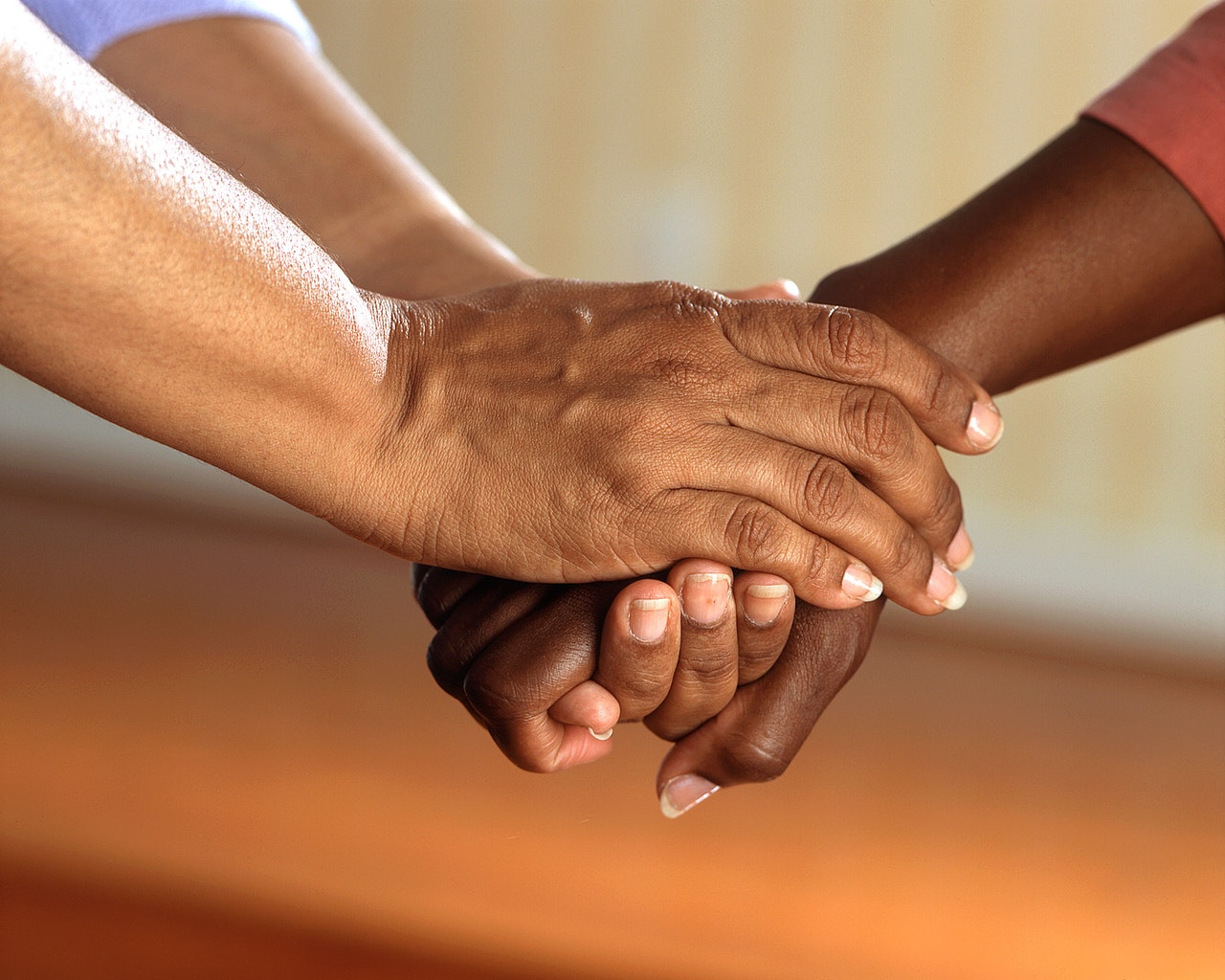Relapse is a common stage many people battling addiction go through. Studies show that more than 90% of patients in recovery have at least one episode of relapse before fully becoming sober.
If someone close to you is currently going through an alcohol or drug recovery process, they may be prone to relapse and may need help getting back on track. To help them, you need to be familiar with the process that goes on. Small signs will start to appear, such as a shift in behavior, so you need to know how to spot them in order to help your friend.
Sudden mood changes
If the person suddenly stops going to treatment or starts doing things that seem out of character, they may be starting to show signs of relapse. These mood changes are probably caused by the struggle to keep the urge under control, so they become easy to irritate, always alert, and even scared.
Guilt is another reason that can cause sudden behavior changes, as the person blames themselves for not being able to keep moving on with the recovery process.
High levels of stress
Relapse can have a major impact on someone’s life, including making them feel more stressed and anxious. This often happens after they return from a rehab center and have to reenter the real world. Fear of not being able to adapt or that they might be judged by people close to them can raise stress levels and cause a relapse.
Some of the best drug rehab centers Los Angeles encourage patients to take things easy when they go back to their normal life. The best thing you can do for a person that has just come out of rehab is to surround them with care and support and reassure them things are going to get better.
Denying the existence of a problem
Denial is one of the first signs of addiction, but when it comes to relapse, things are a little bit different. Patients going through an episode of relapse don’t necessarily deny they have an addiction, but they deny the fact that things are slowly drifting away. Pretending everything is alright when in fact, they are scared or worried is a clear sign there might be a problem, so keep an eye out for that.
Withdrawal symptoms
When going through the withdrawal process, those who battle addiction experience some serious physical and mental sensations. These include insomnia, memory loss, anxiety, physical pain, headaches, loss of appetite, and nausea.
Because they feel the need to use but are trying to keep these needs under control, they might start experiencing these symptoms again, especially during times of stress. Look for these signals and offer to help if they need it.
Social isolation
Relapse is not something people battling addiction are eager to talk about, so they might try to isolate themselves from others. If a person who is usually outgoing and ready to face social situations suddenly starts staying in more or avoiding contact with others, it might be a sign they are going back to past habits, so try to have a chat with them.f


